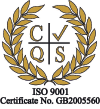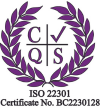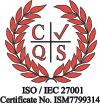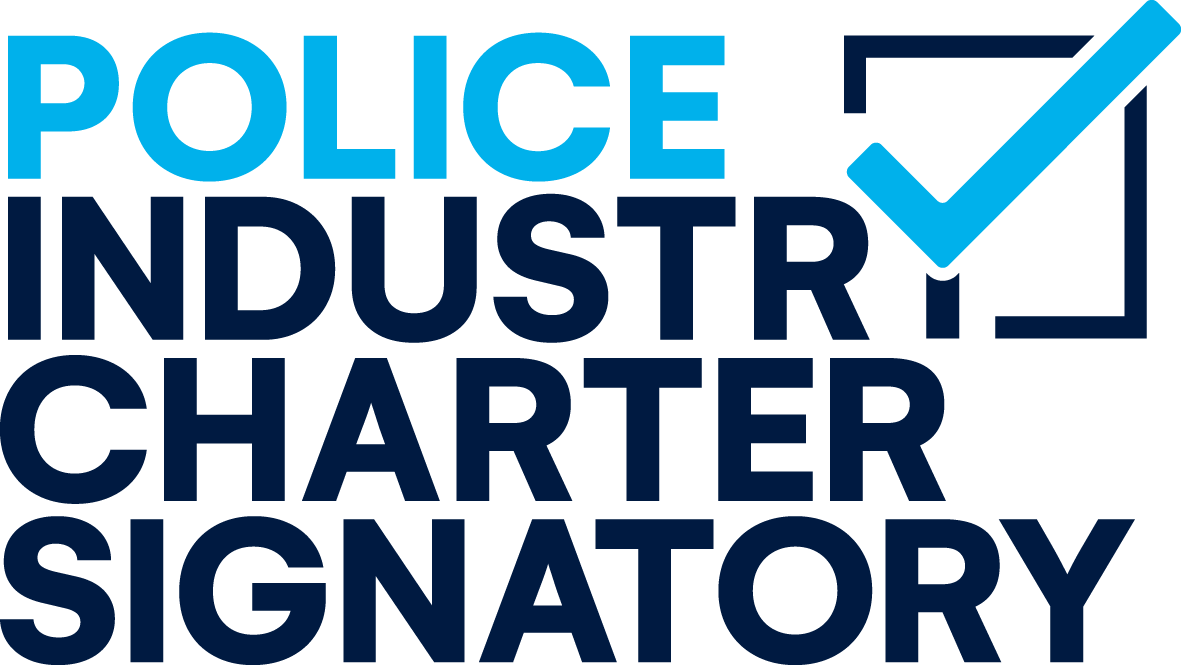
Which CMI Level 5 Award is for Me?
It can be quite overwhelming seeing the vast array of CMI Level 5 leadership and management awards, so the Issured Track team have put together this useful guide on all of the CMI awards we offer.
The CMI level 5 courses are intended for middle managers with experience of leading a team, but are considering ways to develop their management approach in a senior leadership role. Whilst the CMI level 5 Certificate and Diploma are an excellent way to garner new management skills and establish a leadership style, these both require a longer time commitment than awards. Therefore CMI awards are ideal for those looking to cover one unit, requiring less time, and concentrating on a specific skill in which to develop.
Typically, CMI level 5 awards involve 1 day of learning (full day or two half days) in which you will receive a written assignment. The completion time of the award (both the day learning and written assignment) is usually 1-3 months. If there is a specific award you would like to learn more about, scroll down to discover what the unit entails.
Unit 501 – Principles of Management and Leadership in an Organisational Context
This unit is an excellent choice for those that would like a condensed overview of principles used in leadership and management. Develop and learn fundamental skills required to lead across multiple organisational settings.
Topics covered in this unit include:
- Theoretical models
- Leadership approaches
- Impact of management on organisational structures
Unit 502 – Developing, Managing and Leading Individuals and Teams
The second core unit at level 5 dives into how to successfully manage and lead a team, arguably the most important role of a manager.
This includes:
- Theoretical and practical approaches to management
- Managing teams (remotely or multi-disciplinary)
Unit 509 – Managing Stakeholder Relationships
Although leading a team and the success of doing so is one of the most important qualities of a leader, creating, growing and maintaining relationships is just as important. There are many relationships in an organisational context to maintain: staff, partners, managers and customers. This unit delves into areas to consider when attaining the best possible outcome of those relationships.
Unit 509 covers:
- The types of stakeholder relationships
- The purposes of these relationships
- Skills required to support relationships
- How to manage these effectively
Unit 513 – Managing Projects to Achieve Results
As a manager, overseeing and supervising projects is a vital part of the job. Regardless of the industry, all managers need to possess the ability to manage projects, often requiring many moving parts. Supporting a team, resolving conflict and making decisions are just some of the skills that are needed to ensure projects achieve the desired results.
In this unit, you will learn:
- The methods for planning projects
- How to implement these methods into projects
- Build stakeholder relationships
- Manage resources
- Monitor progress
- Review and analyse results
Unit 514 – Managing Change
It’s no surprise that in the digital age, being able to cope and manage change as a manager is essential. The unit focuses on the changes to organisational structures, understanding why these changes are happening and how to develop a plan and initiate change.
This unit will help you:
- Demonstrate understanding of change
- Understand and evidence your ability to manage change
Unit 515 – Creating and Delivering Operational Plans
It is one thing to set organisational objectives and Key Performance Indicators (KPIs), but these need to be actioned and converted into achievable plans. As a manager, planning is an essential skill, developing a roadmap with clear checkpoints of what needs to be accomplished and by when. Fortunately, this unit covers the entire process of creating, delivering and managing plans in your organisation.
Some areas include:
- Setting KPIs
- Monitoring delivery
- Knowing how to effectively report the results of the plan
Unit 520 – Managing Finance
The ability to manage finance is crucial in any environment, as all managers must understand how to plan and use budgets, even if a company utilises a financial team. When taking this unit, you will discover the necessity of financial acumen, and the positive impact it has in decision making, leading to wise spending.
This unit covers:
- How financial systems within organisations operate
- How to set budgets
- How to manage budgets
Unit 525 – Reflective Practice to Inform Personal and Professional Development
With the pace of work, it’s easy to forget that reflecting on the outcome of a project is not only essential to professional development, but personal too. There are many tools to help reflection become a major component of your leadership approach, but this unit will help you understand which tools work best for you and your learning style. Not everyone will respond confidently to reflection in the beginning, but in time, it will result in better performances from both you and those you lead.
Learn more about:
- The different types of reflection
- How to make this a regular practice
- Encouraging others to reflect, even when the desired outcome is not achieved
Unit 5A31 – Managing Equality, Diversity & Inclusion (EDI)
Managing Equality, Diversity & Inclusion is a vital skill and should be a priority for all practising managers. This course focuses on the skills required for inclusive leadership and how to adapt leadership styles to support others in seeing the benefits of inclusion. By establishing an inclusive culture that is adaptable and tolerable, managers will see an increase in employee satisfaction leading to higher rates of productivity.
This unit covers:
- The role and responsibilities of a manager in relation to EDI
- How to monitor and report on EDI
- How to develop and implement plans which support EDI within an organisation
We are Here to Help
If you would like to find out more about CMI courses and the Issured Track approach to learning, get in touch with the head of Training & Development, Tom Cliffe. With years of experience in teaching and supporting organisation’s with upskilling and training, Tom has a wealth of knowledge and experience to support your employees on any of the training courses we offer.
If your organisation is interested in running a training course for employees, we can deliver the content virtually, at your workplace or on our premises.
Speak to our head of Training and Development for an introductory conversation of the courses we offer, or head over to our dedicated training website to book a course now.
Recent Posts
How can businesses truly embrace diversity and inclusion if they're overlooking a valuable group of individuals? Despite the growing awareness [...]
Creating an inclusive environment where everyone can thrive is necessary for employee satisfaction, productivity and retention. This is especially true [...]
Welcome to the world of soft skills, the secret ingredients that transform good managers into great leaders. These skills help [...]














